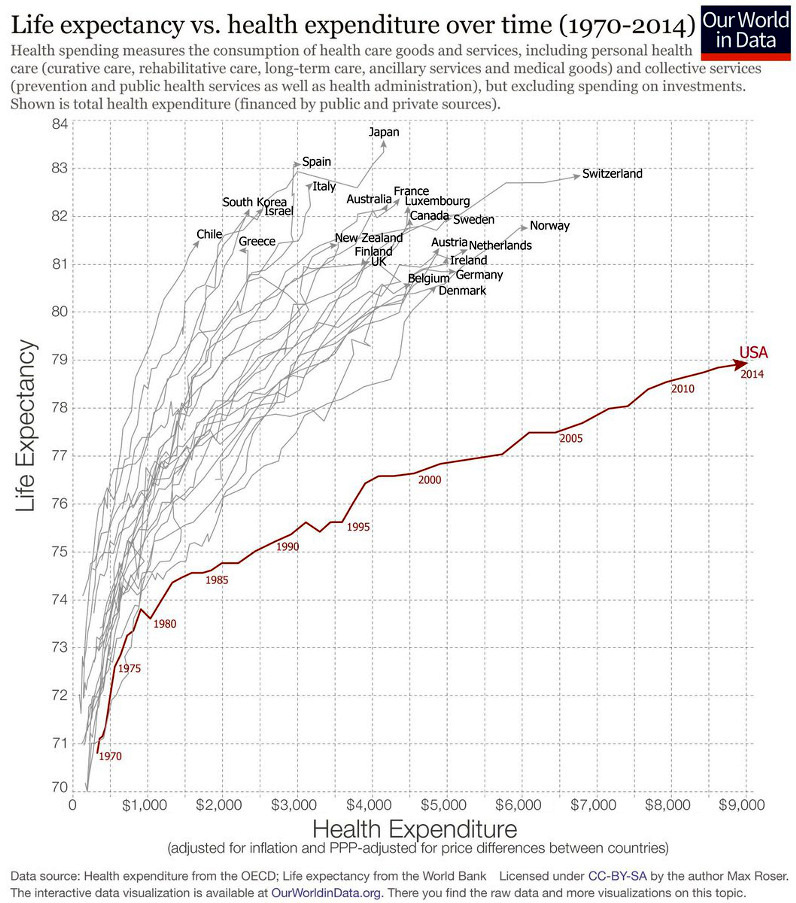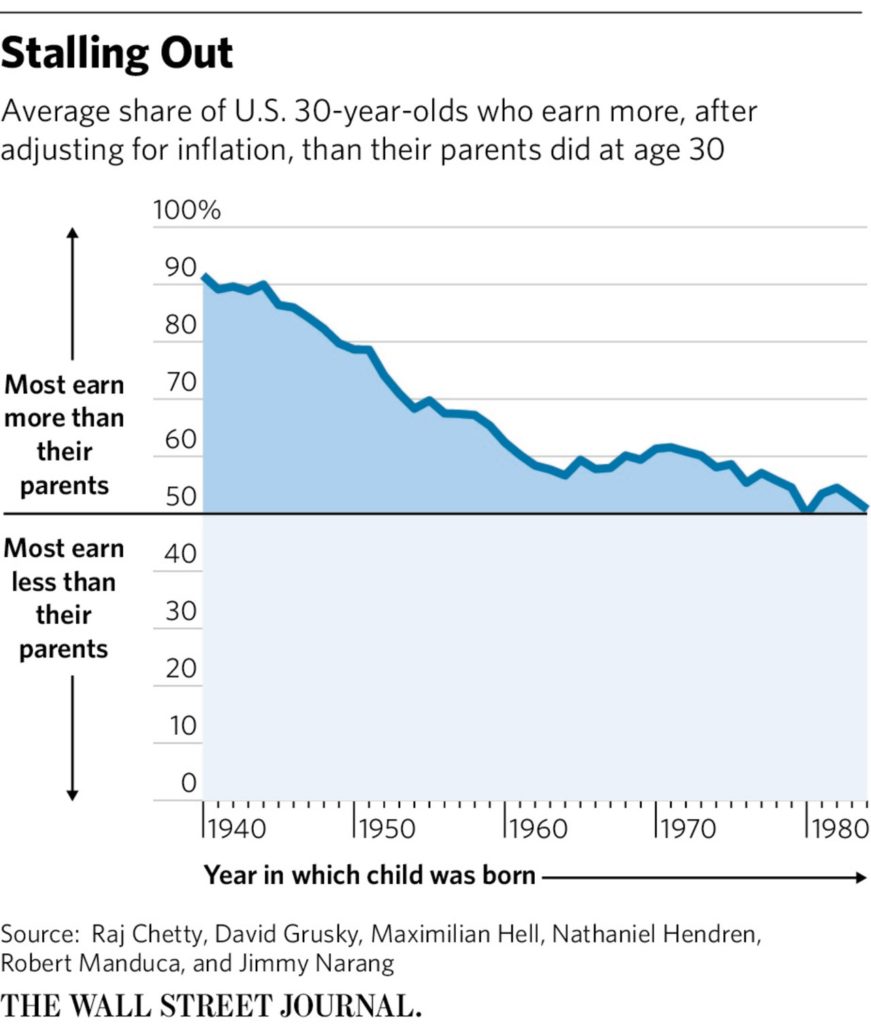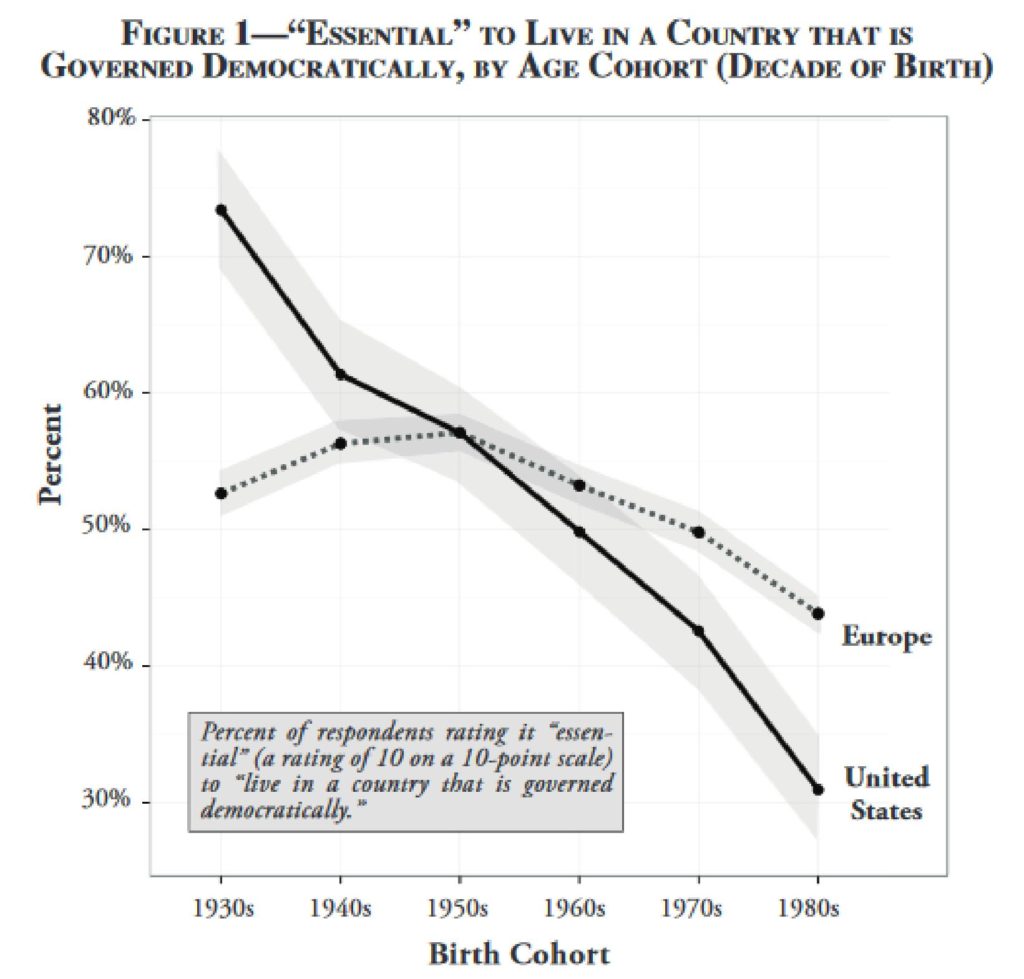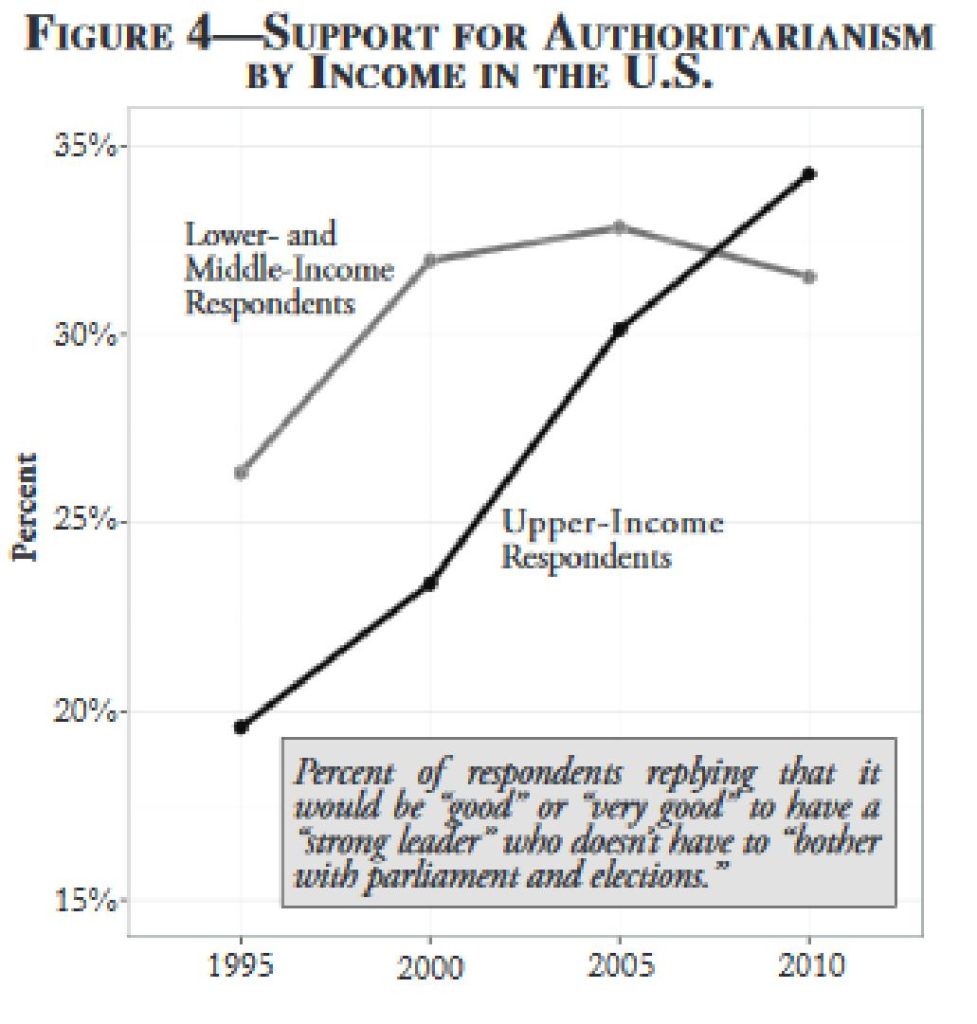Did Wrongo miss anything yesterday? We had multiple meetings, and thus, no chance to see the “You Bet Your Country” reality show that premiered in DC.
Look on the bright side, there are now only 1,459 days left in the reign of DT, so two things to focus on:
- Work hard to save the ACA, and
- Remember to toast to the health of Ruth Bader Ginsburg and Stephen Breyer every day.
Today is the Women’s March in Washington DC. Two days in a row of firsts for our Orange Overlord. Yesterday, he was sworn in as the 45th president. Today, he sees his first mass protest in the form of the Women’s March, and companion marches (600 at last count) around the country and the world.
New York Magazine tweaks the main stream media’s coverage thusly: (brackets by the Wrongologist)
…the media’s treatment of the [women’s] march has been so fretful that you’d be forgiven for thinking that this grass-roots demonstration of hundreds of thousands on behalf of women’s rights is an example of feminism in crisis and disarray.
Whenever there are protests from the left, we’re always adjured that we’re doing it wrong and/or that our “message” is defocused or unclear. Leftwing protests get little coverage in the MSM. Wrongo has observed that when there are rightwing protests, they are typically universally covered by the MSM. Plus their “message” is always described as clear, and unequivocal.
There have been protests at most recent inaugurals, but they have been generally along the parade route, as there were in DC today. The car and trash can burnings made today’s DC protests look more like what we see in European capitals.
What the Women’s March envisions is a protest that creates as much buzz as the inauguration itself. That means the organizers are attempting to create a widespread, and diverse coalition for this event. The hope is: (1) a huge crowd shows up to protest; (2) the protest is marked by its size and the quality of its direct action (without violence); (3) the obvious fissures in the coalition remain unclear to the public until long after the march.
The March on Washington in August, 1963 was one of the largest political demonstrations in American history. The organizing idea was a protest for “jobs and freedom”. You may not remember that John Lewis’s original speech at the March on Washington was highly controversial. Now, 54 years down the road, no one cares, because of the power of Lewis’s personal history, and the fact that the march ultimately led to the passage of the Civil Rights Act of 1964.
The March on Washington was broadcast on TV, because we had not yet become jaded about protests, and the White House was vulnerable from both sides of the racial divide. The Women’s March is only expected to be live-streamed via cell phone. The networks will give us highly edited snippets on the evening news.
The value of these large public protests are in building a more unified opposition movement. Perhaps it will happen this time, although there is a risk that it fizzles like the Occupy Movement did.
The Tea Party began building their national presence with a rally of maybe 7000 people in tri-corner hats, enabled by a few Congress Critters. That was enough for the media to legitimize their birth. Perhaps it will work for the Women’s March: it will become a viable movement only if the commitment to messaging and building a national presence in Congressional districts and statehouses is carried through.
What will be more significant for the future are the state capitol and major city rallies once the protesters leave Washington. Resistance IS the message: The voters did not deliver Trump an overwhelming mandate to do the things his juggernaut is planning to shower on America.
Handled correctly that could make Trump and the GOP vulnerable. The Wrongologist will post a first-person report from an attendee at the Women’s March, on Tuesday.
But today is Saturday, and you need to mellow out a little. Here is something radically different, yet completely familiar. This is the Austrian brass ensemble Mnozil Brass performing Queen’s “Bohemian Rhapsody”. What better tribute to Freddie Mercury? These guys are demonstrably horny and have lots of brass. High energy, and completely entertaining:
https://www.youtube.com/watch?v=NJTIJRoEWPE
Those who read the Wrongologist in email can view the video here.




